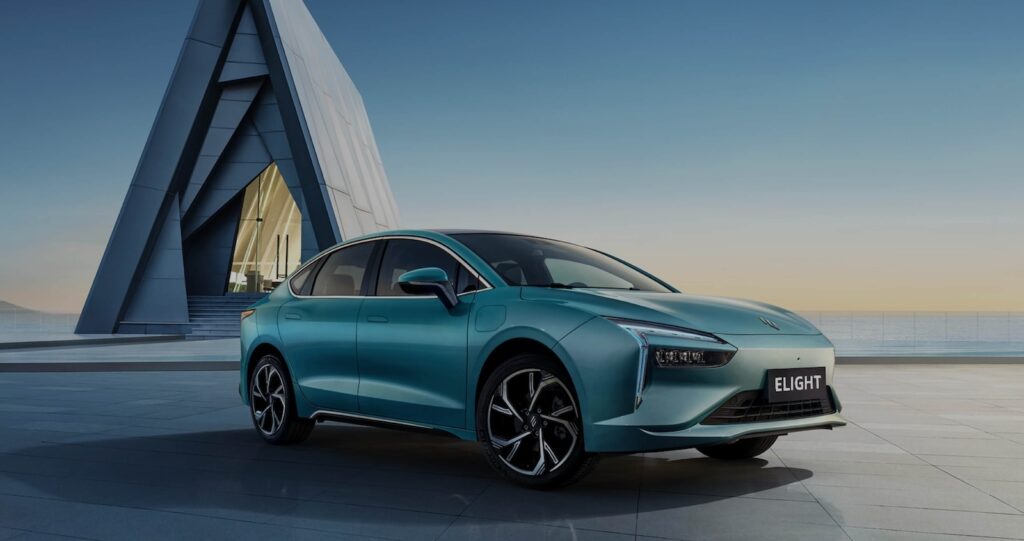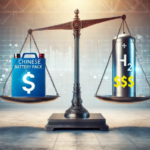EV Buyers Are Not Waiting For The Solid-State EV Battery Of The Future
Lithium-Ion Tech Still Dominates The EV Market
The electric vehicle (EV) market is booming, with sales increasing exponentially every year. Despite the constant chatter about the solid-state battery (SSB) revolution, EV buyers are not waiting for the dawn of this new technology to make their purchases. Lithium-ion (Li-ion) batteries, the reigning champion of EV battery technology, continue to dominate the market.
Mainstream Adoption of Li-ion Batteries
Li-ion batteries have been the go-to technology for EVs since the early 2010s. They offer a winning combination of high energy density, relatively low cost, and well-established manufacturing supply chains. As a result, Li-ion batteries power the majority of the over 2 million EVs on the road today. The likes of Tesla, Nissan, and Volkswagen are all committed to Li-ion technology for their mass-produced EVs.
Why Wait for Solid-State Batteries?
So, what’s the holdup for SSBs? Part of the reason is the complexity and cost associated with developing and manufacturing SSBs. The process is still in its infancy, and the first SSB-powered EVs are likely to be high-end niche products rather than mainstream contenders. Additionally, SSBs face significant challenges regarding scalability, charging infrastructure, and energy density.
Current Solid-State Battery Developments
Several companies are actively working on SSBs, including Fisker, QuantumScape, and Factorial Energy. While these developments hold promise, it’s a slow and iterative process. SSBs will undoubtedly improve over time, but it’s unclear when mass production will become a reality.
The Elephant in the Room: Climate Change
Climate change is the top concern for many EV buyers. The urgency to switch to electric vehicles is increasing, and Li-ion technology is already a significant step in the right direction. While SSBs hold potential for even greater ranges and faster charging, it’s not a barrier for many buyers who are keen to make the switch from internal combustion engines.
Conclusion
The takeaway is clear: EV buyers are not waiting for SSBs to make their purchases. Li-ion batteries are effective, widely available, and already powering a significant percentage of the global EV market. As the technology continues to evolve, we’ll likely see incremental improvements to Li-ion batteries rather than a sudden shift to SSBs. The onus is on EV manufacturers to continue innovating within the Li-ion space and for governments to invest in charging infrastructure to accelerate widespread adoption.
Frequently Asked Questions
Q: When will SSBs become mainstream?
A: It’s difficult to pinpoint an exact timeline, but SSBs are unlikely to become mainstream before 2025-2030.
Q: Are SSBs more environmentally friendly?
A: Solid-state batteries have the potential to be more environmentally friendly due to reduced cobalt usage and improved recycling processes. However, Li-ion batteries are already a significant step in the right direction.
Q: Can I charge a Li-ion battery to 100%?
A: It’s generally recommended to charge EV batteries to around 80% to prolong their lifespan. However, some models allow for 100% charging, and manufacturers provide guidelines for optimal charging protocols.







